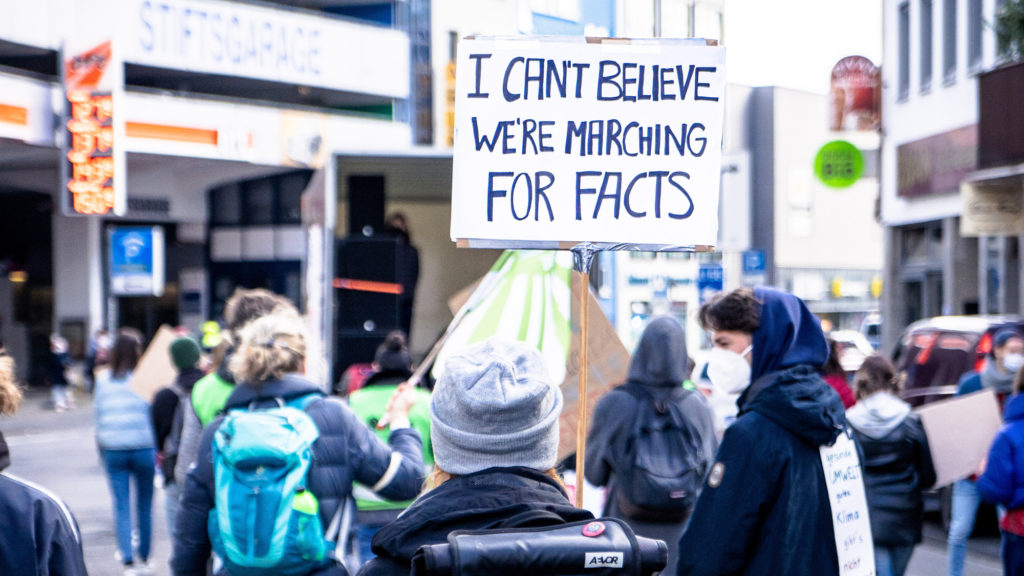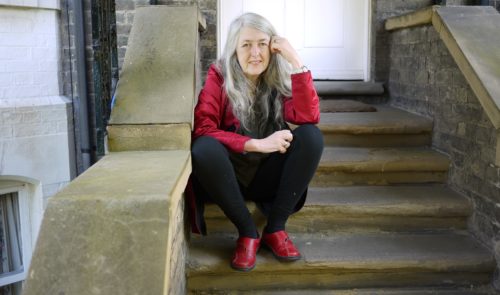
Sander van der Linden’s leading research at the University of Cambridge has produced novel psychological interventions on how to inoculate the public against the spread of fake news and misinformation.
In collaboration with industry and government partners, his team developed the interactive online social impact game Bad News, which has been translated into over 15 different languages and reached over one million people worldwide.
Launched in 2018, Bad News enables players to assume the role of a fake news producer and advance through six levels, each of which showcases weakened doses of six common misinformation techniques that players are exposed to in a simulated social media environment. A single-play of the game boosted immunity by about 20% compared with the pre-game average.
His research has led to a shift in national and international policy implementation from traditional ‘debunking’ to the new approach of ‘prebunking’. His approach to combatting misinformation has been recognised as an innovative way forward by the European Commission, the Foreign and Commonwealth Office, the UK Parliamentary Investigation on Fake News, and the US State Department, and has contributed to public discourse on the issue of fake news.
This has led to the subsequent development and release of government-backed anti-misinformation interventions such as GoViral! (targeting misinformation during the COVID-19 pandemic, and disseminated in English, French and German), Radicalise (countering radicalisation in Jordan) and Harmony Square (countering US election misinformation).
“Cambridge University has provided solid backing for ‘pre-bunking’ misinformation and conspiracy theories propagated and reinforced during the pandemic, which have real-life consequences undermining trust in science and fueling hate speech.”
– Stefania Giannini, Assistant Director-General for Education at UNESCO


